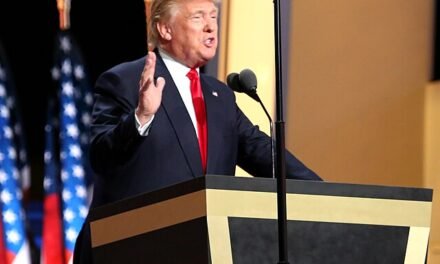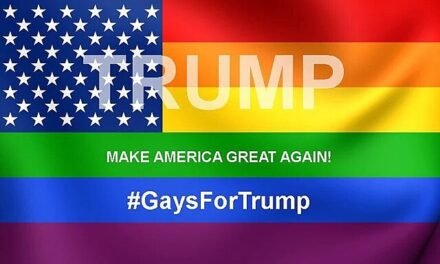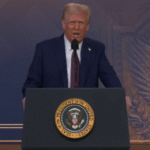The Trump administration has declared that Harvard University will not receive any new federal grants until the Ivy League institution meets a series of demands from the White House. This decision, announced by the Education Department on Monday, marks a significant escalation in the administration’s ongoing conflict with the university, citing concerns over antisemitism, racial discrimination, academic rigor, and viewpoint diversity on campus.
The move follows a previous freeze on $2.2 billion in existing multi-year grants to Harvard. In a letter addressed to the university’s president, Education Secretary Linda McMahon accused Harvard of “serious failures” in several key areas. The administration asserts that Harvard has permitted antisemitism and racial discrimination to persist, lowered its academic standards, and stifled the expression of diverse viewpoints among its faculty and students.
To regain eligibility for new federal funding, Harvard will be required to enter into negotiations with the federal government and demonstrate that it has satisfied the administration’s extensive requirements. These demands reportedly include broad changes to the university’s governance and leadership, a revision of its admissions policies, and an audit of its faculty and student body to ensure a greater representation of varied perspectives. The White House is also reportedly pressing Harvard to eliminate its diversity, equity, and inclusion (DEI) programs, implement stricter controls over campus protests, mandate merit-based admissions and hiring practices, and review its international student program for any instances of misconduct or anti-American sentiment.
The administration’s actions have been met with strong reactions. Supporters of the administration’s stance argue that Harvard, as a recipient of significant federal funding, has a responsibility to ensure a fair and inclusive environment for all students and to uphold rigorous academic standards. They contend that the university has failed in these duties and that the administration’s intervention is necessary to address these shortcomings.
Conversely, critics have condemned the administration’s move as an unprecedented overreach of government power into the affairs of an independent academic institution. They argue that the demands constitute an infringement on Harvard’s academic freedom and institutional autonomy. Some have characterized the administration’s actions as politically motivated, particularly given President Trump’s history of criticizing Harvard and other elite universities.
Harvard University has responded to the administration’s decision with a firm stance, announcing that it has filed a lawsuit against the federal government. The university argues that the funding freeze and the accompanying demands violate its First Amendment rights and represent an unlawful attempt to coerce its policies and speech. Harvard maintains that it will not compromise its academic principles in exchange for financial security and has rejected the administration’s attempts to dictate its faculty hiring, protest regulations, and campus discourse.
The suspension of new grants, coupled with the existing freeze on billions of dollars in funding, could have significant financial implications for Harvard, potentially impacting its research activities and various academic programs. The university’s lawsuit sets the stage for a potentially lengthy legal battle, raising fundamental questions about the relationship between the federal government and private educational institutions. The outcome of this dispute could have far-reaching consequences for the future of higher education funding and the autonomy of universities across the United States. It remains unclear how long the standoff will last or what specific steps Harvard will take to address the administration’s demands while also defending its institutional independence in court. The situation is expected to be closely monitored by the academic community, policymakers, and the public.


















